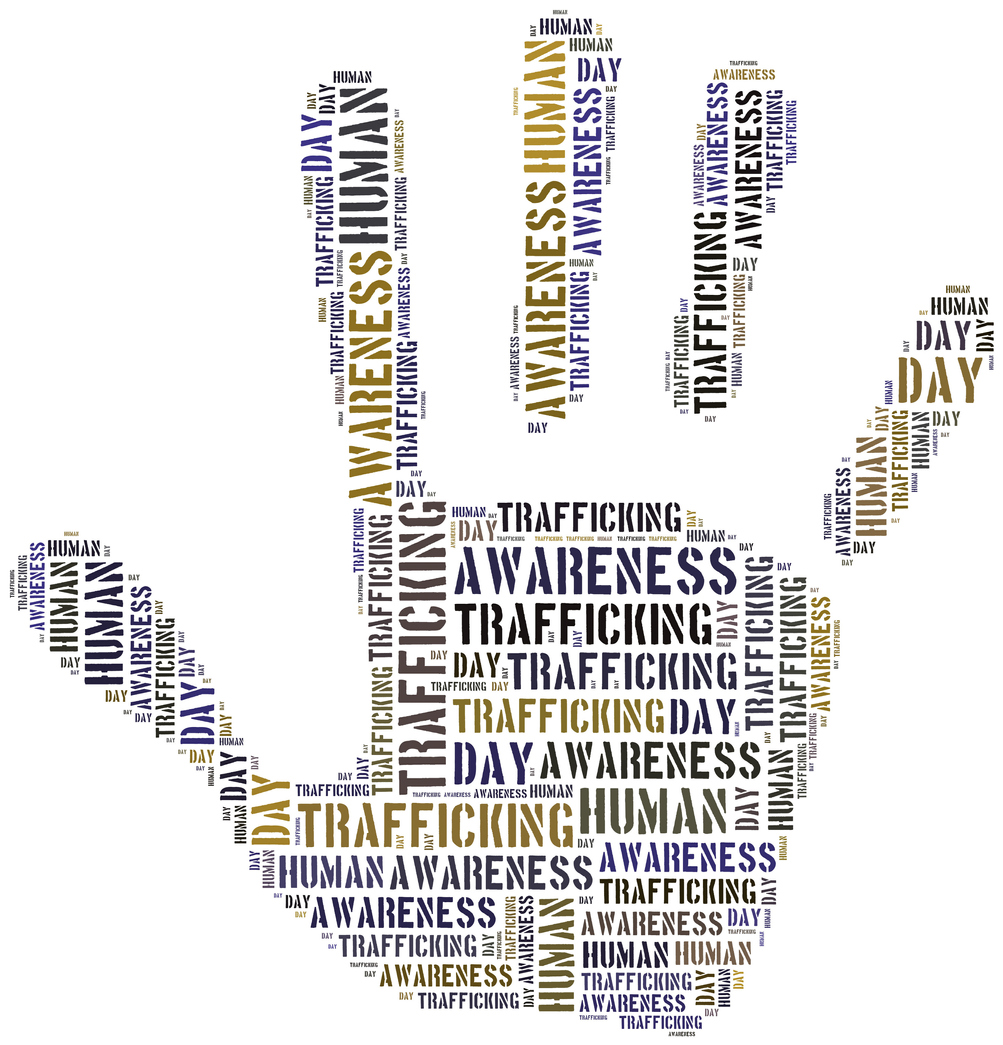3 min read
Get Together: Partnering and Collaboration is a Model for Anti-HT Success*
![]() John Byrne
:
June 01, 2021
John Byrne
:
June 01, 2021

We in the financial crime prevention community are still assessing how the new Administration will address white collar crime and accompanying regulatory oversight. With the recent announcements about a new focus on tax evasion and enhanced reporting requirements for newer payment products such as virtual currency, it is clear that various forms of compliance and training will be essential and need to be enhanced. Added to these challenges is the wide policy support for private-public partnership and information sharing embedded in the recently enacted Anti-Money Laundering Act of 2020. This leads me to the proposition that no matter what or how much we address at the same time, let’s pause and recognize the ongoing examples of how the financial sector continues to be proactive and encourage those efforts so that their resources continue to be available to combat crimes such as human trafficking.
Financial Sector’s Work on Human Trafficking Prevention and Polaris
We have previously covered in many fora, how staff at several financial institutions pushed their leadership to create committees and working groups to address trafficking. These committees reached out to federal and state law enforcement, helping document typologies, create case studies, and other financial indicators that potentially were indicative of trafficking and reportable on suspicious activity reports (SARs).
That collaboration led to working with several anti-trafficking groups here and around the globe, including Polaris that is tunnel focused on how to partner with the financial sector, and resulted in programs, reports and strategies – all increasing our knowledge and improving our due diligence.
Polaris Emphasizes Collaboration in a New Report
Polaris, in conjunction with the Avery Center, has just released a report that adds to the various indicators that are potentially indicative of human trafficking. The report, entitled The Significance of Context: How Survivor-Led Collaborations can inform AML is a pilot project that utilizes financial transaction data from a trafficking survivor to provide “actionable insights” for the entire AML community. The project included partners, Capital One and PayPal, and was led at Polaris by their FIU.
The co-founder and Director of Research at the Avery Center, Megan Lundstrom, is herself a trafficking survivor and provided the financial institutions and Polaris with access to two years’ worth of her bank records. This review will provide the AML community with new insight to improve and enhance their own detection programs.
As this report emphasizes, there were two distinct operating models that Megan witnessed and their transaction patterns are analyzed in the document.
Key Findings or Themes in the Research
With the two disparate models (the report identifies “boyfriend pimp” and “CEO pimp”), the difference in the third-party trafficker tactics are reflected in the financial transactions. For example, the boyfriend pimp’s transactions were made with consistent cash deposits so that bills could be paid, while the CEO transactions were similar to payments to a contract employee.
The analysis showed that true profits to the traffickers were 2-3 times more that they appeared in the bank statements. Another theme was that the bank statements showed that the account holder was in financial distress and frequently overdrawn.
Another theme in the research, is that the purchasers of sex would advise Megan to deposit similar amounts of money at regular intervals to mimic payrolls and never to deposit more than $1,000 in cash at one time. Two “buyers” even put her on their payrolls, becoming active in the money laundering scheme themselves.
The research also pointed to how variations in commercial sex in different geographic regions, but that some well-known financial red flag indicators were also evident such as hotel and commercial website transactions. A final current theme from the research on financial patterns, looked at transactions where there is no third-party facilitator (actions done by only the individual engaged in commercial sex), and concluded that more analysis is needed to arrive at any useful indicators for FI’s to utilize for detection.
Going forward with continued collaborations
The financial sector, and specifically the AML community, does not need to be persuaded on the importance of partnership. The mission of the Polaris FIU, partnering with PayPal, says it best as it “brings together the anti-money laundering, banking and law enforcement communities with the expertise of human trafficking survivors and others in the anti-trafficking field.”
If we haven’t already, we need to get together.
*“Get Together” was a semi-hit for the Youngbloods in both 1967 and 69 but has a long history in film and various cover versions. Originally sung by the Kingston Trio in 1964 as “Let’s Get Togther.”

